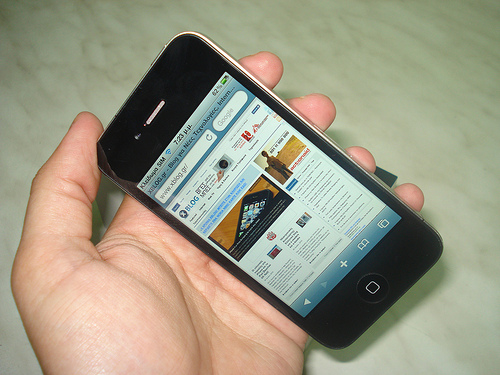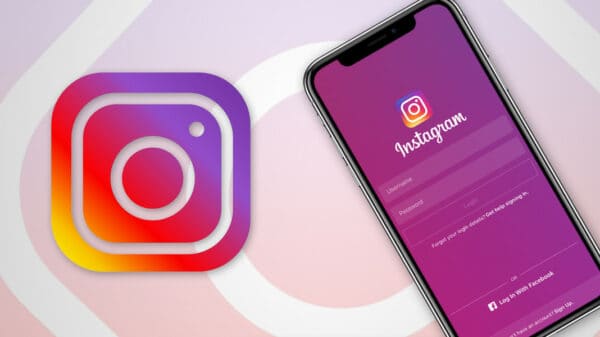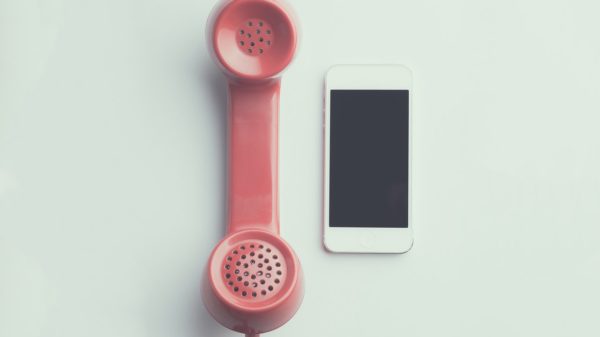Mobile app technology has found its way into many different industries in recent years, opening up a world of convenience and efficiency. But according to Social Work Today, the acceptance of technology is slower for social workers and people who work in mental health. Why are those in social services reluctant to embrace change? Mobile apps can help social workers in a variety of ways they probably don’t immediately think of. Also, social work can be a very specialized job, and your needs might constantly change. But exploring the world of useful apps for your iPhone could help make a stressful career a lot less stressful.
1. CamScanner
Have you ever had to ask a client to send you a copy of their birth certificate, rent or utility bills, or other documents they would need to fax? Many times, you work with people whose financial or mobility issues make sending documents difficult. CamScanner allows you to take a picture of a document and then fax it over the phone, with technology that corrects uneven lighting and distortions to make the documents readable. You can send important papers to clients, colleagues, or your own email in PDF form. This app has the potential to make old-fashioned faxing a thing of the past, which is helpful in all kinds of situations.
2. PsychDrugs
If you work with clients who see psychiatrists, most likely they are on some form of medication, and it’s not necessarily part of your training to understand all of them. With this app, you can look up the names of drugs, what they’re prescribed for, the maximum daily dosage, and the half life. It’s helpful when your clients don’t fully understand their pills themselves, or when you want to look at possible side-effects of their prescriptions which could result in social or behavioral issues. It’s much easier to have a conversation with a mental health patient about whether their drugs are working and how they are affecting their daily life when you understand a little bit more about what they do.
3. iGrade for Social Workers
The iGrade app was originally developed for teachers to keep track of students, but this version allows social workers to create client files that store an enormous amount of information. You can add statistics, notes, progress reports, and even photo and video of a client, along with grading them on their ability to reach certain milestones, like making it through rehab or attending parenting classes. You can give certain areas more weight, depending on the client’s background. Not only does it help you see who is progressing the most, it also helps you pull up data on your clients in a moment’s notice instead of having to sort through files.
4. SocialworkHelper
Socialworkhelper is useful for both social work students and professional social workers, especially those who are concerned with developing countries and international issues. Connect with other social workers in different countries to discuss social justice, policies, human rights, and current issues in the field. Social workers can also share blogs, so you can read posts from a variety of colleagues on issues that will help improve your awareness and skill in your own job. It helps maintain your privacy and security while you make contacts around the world.
It’s easy to argue that technology is there to improve efficiency in a wide variety of careers, but social workers might have a harder time discovering the most effective uses for mobile apps. Still, it’s important to embrace the changing world in order to help your clients to the full extent possible and save yourself the mountain of paperwork that can now be done with the push of a button. Why not take the time to learn what’s out there?
Author Robert Neff is an avid blogger. Interested in a career in Social Work? You may be interested in the social work degree offered at Case Western University.
Karen Alton is a blogger who writes articles on dating. At Chicago STD testing centers you can be tested and know it will be safe and the results kept confidential. Know the status of your health before starting a dating relationship.

























































































































































































